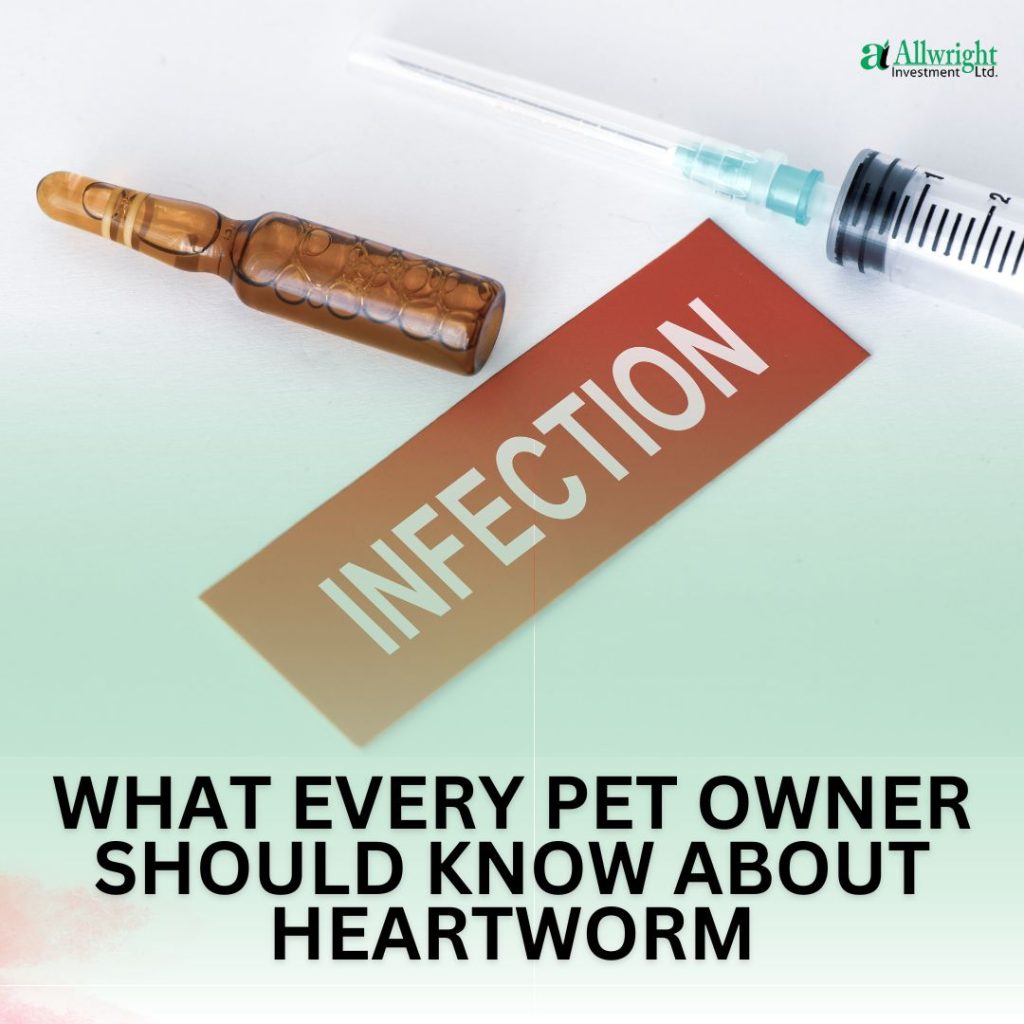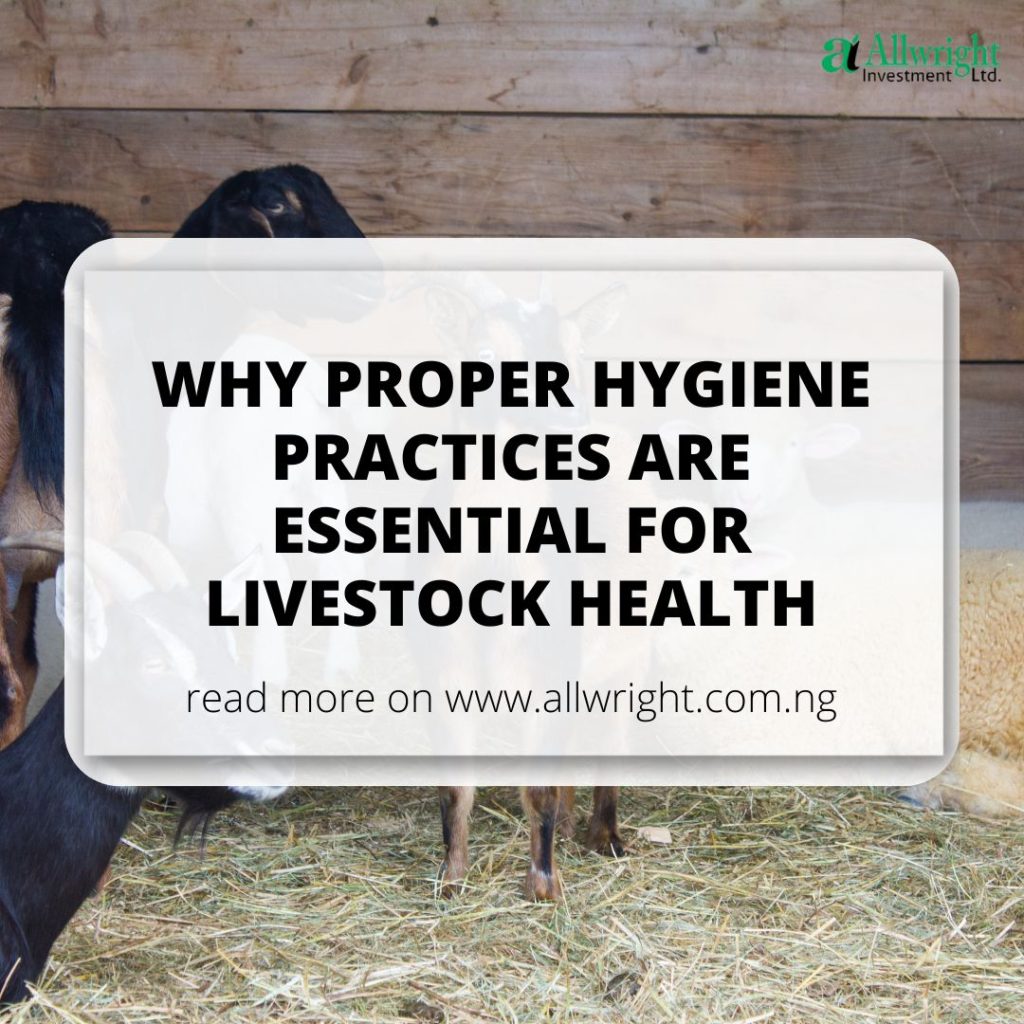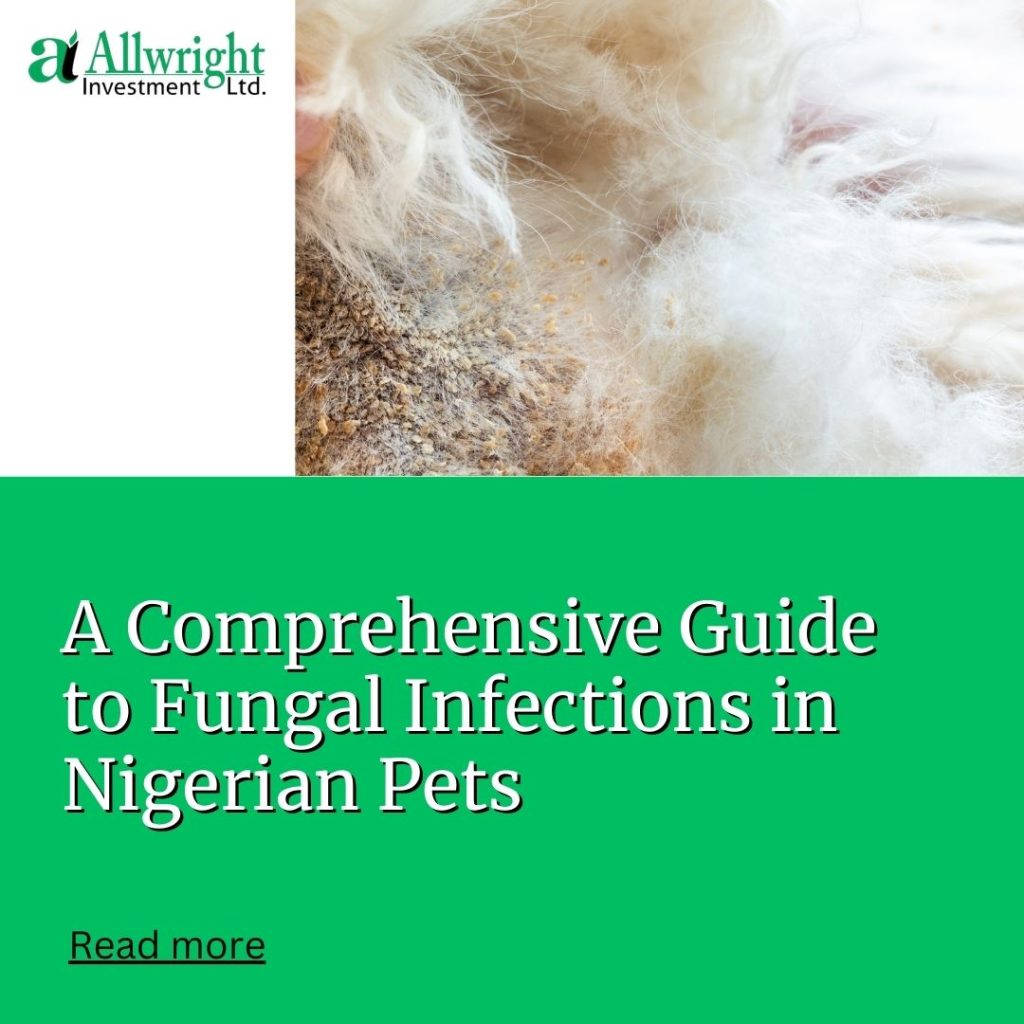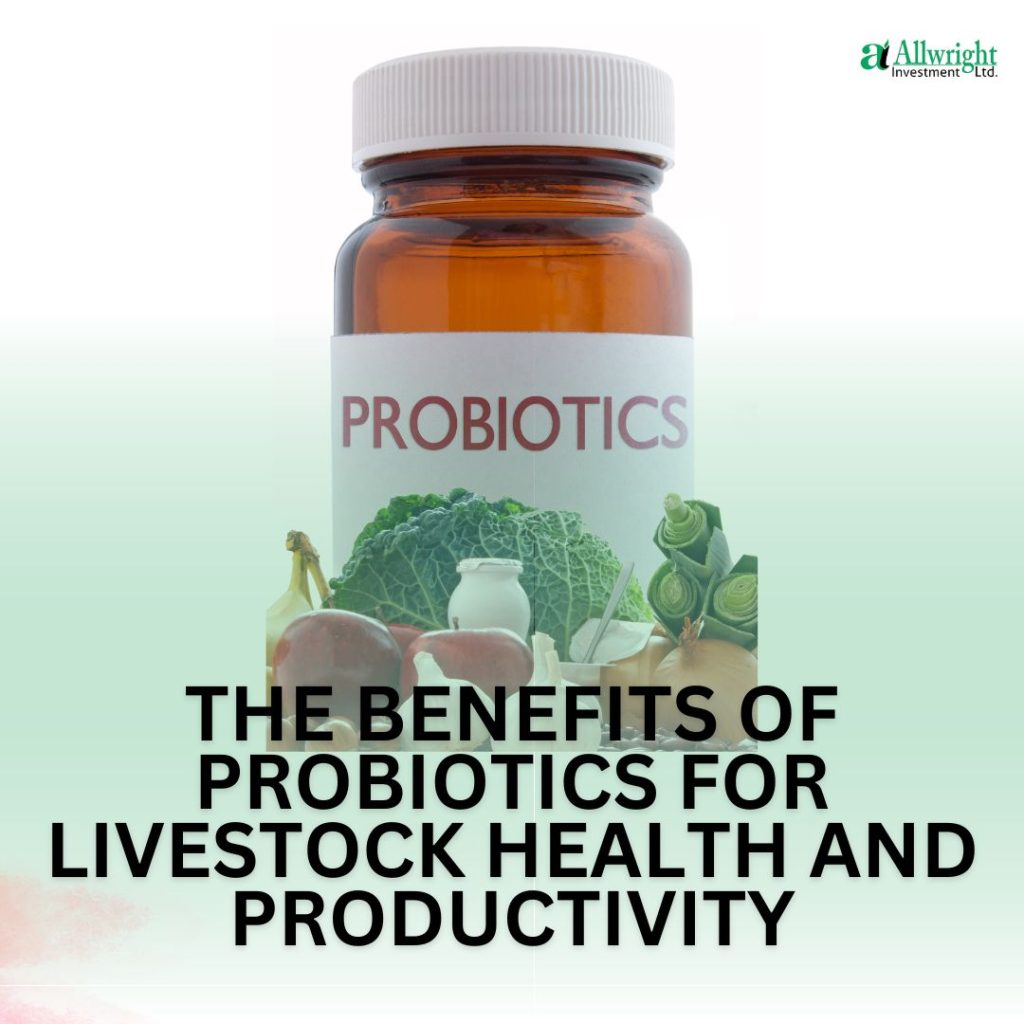What Every Pet Owner Should Know About Heartworm

As a pet owner, one of the greatest responsibilities is ensuring your furry friend remains healthy, safe, and free from life-threatening conditions like heartworm. Heartworm disease, caused by parasitic worms transmitted through mosquito bites, poses serious risks to both dogs and cats if left untreated. As heartworm cases increase, understanding this disease and taking preventive measures is essential for every pet owner.
What is Heartworm?
Heartworm disease is caused by the parasite Dirofilaria immitis, which infects pets through mosquito bites. Once inside the bloodstream, the worms settle in the heart, lungs, and blood vessels, leading to severe health issues such as heart failure, lung disease, and other complications if not addressed early. Given the serious nature of the disease, the first step is knowing the warning signs and understanding how prevention works.
Symptoms of Heartworm in Pets
For many pet owners, identifying heartworm symptoms can be challenging as they often progress subtly over time. Here are some signs to look for:
- Persistent cough: Pets with heartworm may develop a dry cough, especially after exercise.
- Fatigue: Lethargy and unwillingness to exercise can indicate heartworm.
- Difficulty breathing: Shortness of breath is a sign that the worms may be impacting the lungs.
- Weight loss and decreased appetite: Pets may avoid food due to discomfort.
- Swollen belly: Severe cases may cause fluid buildup around the abdomen.
Cats are especially sensitive to heartworms; even one or two worms can be deadly. However, their symptoms may be even more subtle, including vomiting, asthma-like symptoms, or sudden collapse.
Why Heartworm Prevention is Essential
The pain point for many pet owners is the high cost and complexity of treating heartworm once it has taken hold. Treatment is costly, requires careful veterinary monitoring, and often involves an extended recovery period. Prevention is not only simpler but also significantly less expensive and more effective than treatment.
Prevention Tips
- Regular Preventive Medications:
Administering preventive heartworm medications monthly is one of the best ways to protect your pet. These medications stop larvae from developing into adult heartworms, greatly reducing the risk of infection. - Routine Vet Check-ups:
Annual heartworm tests are essential, even for pets on preventive medication. Testing ensures your pet remains free from infection and allows you to stay updated on their health. - Control Mosquito Exposure:
Minimizing your pet’s exposure to mosquitoes, particularly during warm months, can reduce the risk of heartworm. Keep pets indoors during peak mosquito hours (dawn and dusk), and consider pet-safe mosquito repellents as additional protection. - Schedule Early Prevention for Puppies and Kittens:
If you’re a new pet owner, start heartworm prevention early. Puppies and kittens as young as eight weeks can begin preventive treatment under veterinary guidance.
Be Proactive with Heartworm Prevention
Heartworm is a severe yet preventable disease. By investing in preventive care, scheduling regular veterinary check-ups, and keeping your pet’s environment safe, you can avoid the pain and expense of treating advanced heartworm disease. Our veterinary professionals at Allwright Investment Ltd. are ready to support you in making informed, effective decisions for your pet’s well-being.
Reach out to Allwright Investment Ltd. today and ensure your pet gets the best heartworm protection. Together, we can help keep your pet healthy, active, and heartworm-free.
Invest in Allwright Investment Limited today!




